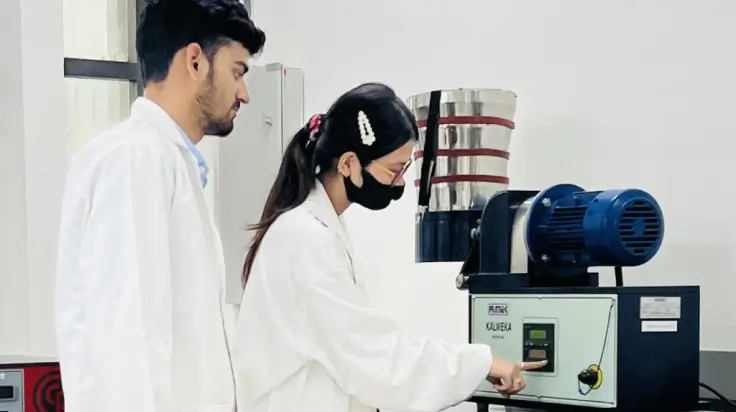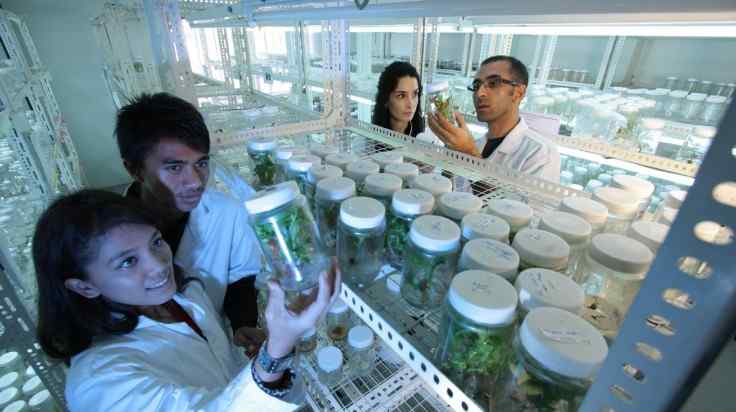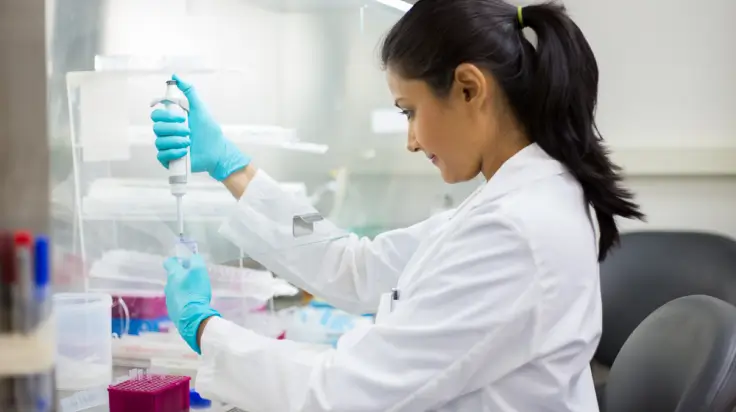Strategies to combat the economic burden of cancer
- Dr. Dhruv Kumar
- Published 16/05/2023

Image credit: Pixabay
The economic burden of cancer poses a serious challenge for societies, especially in resource-limited settings where people lack access to adequate prevention, diagnosis, treatment, and care services. It can exacerbate poverty and inequality, as many people face catastrophic out-of-pocket expenses
Cancer is not just a health problem, but a huge economic burden for individuals, families, and societies around the globe. According to a report by the World Health Organization (WHO), cancer is the leading cause of deaths globally, accounting for more than 10 million deaths annually. The economic impact of cancer is felt at both the individual and societal levels. The economic impact of cancer includes the direct costs of diagnosis, treatment, and care, as well as the indirect costs of lost productivity, disability, and premature death. Understanding the economic burden of cancer can help inform policy decisions and resource allocation for cancer prevention and control.
According to a recent report published by Simiao Chen et al in February 2023 in JAMA Oncology [1, 2], the total cost of cancer to the global economy will reach USD 25.2 trillion between 2020 and 2050, based on an analysis of 29 cancers across 204 countries. The report estimated the costs of cancer using a value-of-life approach, which assigns a monetary value to each year of life lost due to cancer. This approach captures the socio-economic value of human life, rather than just the health care expenditures.
The report found that five types of cancer will account for roughly half of the total cost: lung cancer (USD 7.6 trillion), colorectal cancer (USD 3.5 trillion), breast cancer (USD 3.4 trillion), prostate cancer (USD 2.8 trillion), and liver cancer (USD 2.4 trillion). These cancers are among the most common and deadly cancers worldwide, and are largely influenced by modifiable risk factors such as tobacco use, obesity, alcohol consumption, and infections [1, 2]. The report also projected that the cost of cancer will increase over time, as the global population grows and ages, and as more people adopt unhealthy lifestyles.
The economic burden of cancer varies widely across regions and countries, depending on the incidence and mortality rates, the availability and affordability of health care services, and the level of economic development. According to another study by World Cancer Research Fund International [3], the highest economic impact of cancer in 2020 was in North America (USD 3.9 trillion), followed by Europe (USD 3.5 trillion), Asia (USD 3.1 trillion), Latin America and the Caribbean (USD 0.9 trillion), Africa (USD 0.4 trillion), and Oceania (USD 0.2 trillion).
The study also found that high-income countries had a higher economic impact per case of cancer than low- and middle-income countries, reflecting the higher value-of-life estimates in richer countries. Whereas, in India, the cost of cancer treatment varies widely depending on the type of cancer, stage of cancer, and type of treatment required. However, cancer treatment can be expensive, and the cost of cancer treatment in India is often a significant burden for patients and their families. According to a study conducted by the Indian Council of Medical Research (ICMR) in 2012, the average cost of cancer treatment for patients in India was approximately INR 1.6 lakhs for those who received treatment in public hospitals, and INR 5.6 lakhs for those who received treatment in private hospitals, whereas the cancer treatment cost has significantly increased in last few years in India from INR 1 lakh to several lakhs [4].
The economic burden of cancer poses a serious challenge for health systems and societies, especially in resource-limited settings where many people lack access to adequate prevention, diagnosis, treatment, and care services. Moreover, the economic impact of cancer can exacerbate poverty and inequality, as many people face catastrophic out-of-pocket expenses or lose their income due to cancer [5]. Therefore, investing in effective and equitable cancer interventions can not only save lives and improve health outcomes, but also reduce the economic burden of cancer and enhance social and economic development.
To reduce the economic impact of cancer, several strategies are needed at global, national, and local levels. These include:
- Increasing awareness and advocacy for cancer as a priority health and development issue.
- Implementing evidence-based policies and regulations to prevent exposure to carcinogens and promote healthy lifestyle behaviours.
- Strengthening health systems and improving access to affordable and quality cancer services across the continuum of care.
- Enhancing research and innovation to develop new technologies and methods for early detection, diagnosis, treatment, and care of cancer.
- Mobilizing domestic and international resources and fostering multisectoral collaboration to finance and implement comprehensive cancer plans.
- Monitoring and evaluating the costs and benefits of cancer interventions and ensuring accountability and transparency.
Governments have a role to play in addressing the economic impact of cancer by investing in cancer research and prevention programs, ensuring access to affordable cancer care, and implementing policies to support cancer patients and their families. At the local level, the economic impact of cancer is felt by communities, hospitals, and healthcare providers. Cancer treatment requires a multidisciplinary approach, involving various healthcare professionals, such as oncologists, surgeons, radiologists, and nurses. The cost of cancer treatment can strain local healthcare systems, and healthcare providers may struggle to provide quality care due to resource constraints. Addressing the economic impact of cancer at the local level requires a coordinated approach involving healthcare providers, policymakers, and community stakeholders.
By addressing the economic burden of cancer, we can not only improve the well-being of millions of people affected by cancer, but also contribute to achieving the United Nations’ Sustainable Development Goals (SDGs) and building a healthier, fairer, and more prosperous world for all.
References:
- Chen S, Cao Z, Prettner K, Kuhn M, Yang J, Jiao L, Wang Z, Li W, Geldsetzer P, Bärnighausen T, Bloom DE, Wang C. Estimates and Projections of the Global Economic Cost of 29 Cancers in 204 Countries and Territories From 2020 to 2050. JAMA Oncol. 2023 Apr 1;9(4):465-472. doi: 10.1001/jamaoncol.2022.7826. PMID: 36821107; PMCID: PMC9951101. https://jamanetwork.com/journals/jamaoncology/fullarticle/2801798
- Kreier F. Cancer will cost the world $25 trillion over next 30 years. Nature. 2023 Mar 7. doi: 10.1038/d41586-023-00634-9. Epub ahead of print. PMID: 36882543.
https://www.nature.com/articles/d41586-023-00634-9 - Global Cancer Observatory, World Health Organization/International Agency for Research on Cancer. Global cancer statistics for the most common cancers in the world. 23 March 2022.
https://www.wcrf.org/cancer-trends/worldwide-cancer-data/ - Riju Mehta. What is the cost of treatment of cancer, Economictimes. Feb 10, 2022.
https://economictimes.indiatimes.com/wealth/spend/what-is-the-cost-of-treatment-of-cancer/articleshow/89364352.cms?from=mdr - The Economic Burden of Cancer. The Cancer Atlas. Apr 2015.
https://canceratlas.cancer.org/taking-action/economic-burden/
Dr. Dhruv Kumar
The writer is Dr. Dhruv Kumar, Professor, UPES School of Health Sciences and Technology
Tags
- School of Health Sciences and Technology
UPES Admission Enquiry
Subscribe to UPES Blogs
Join our community for exclusive stories, insights, and updates
By clicking the "Subscribe" button, I agree and accept the privacy policy of UPES.






























